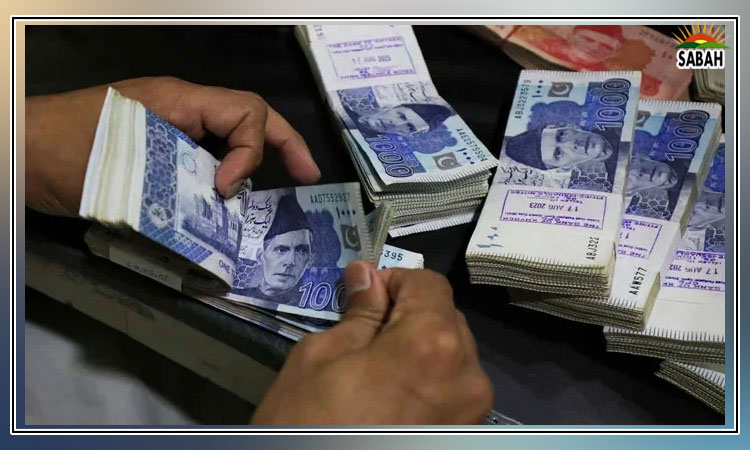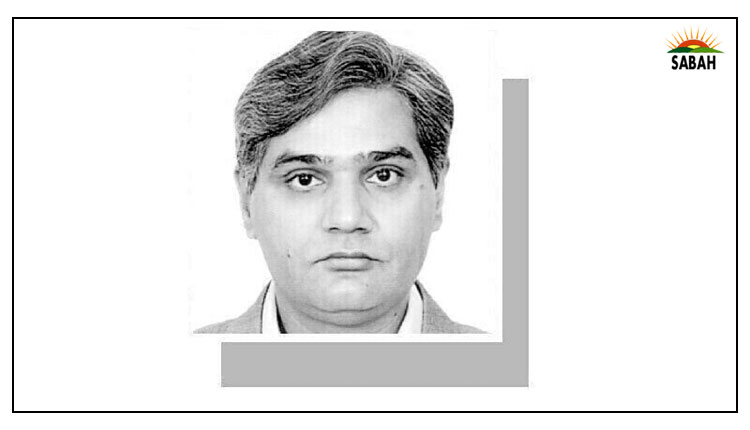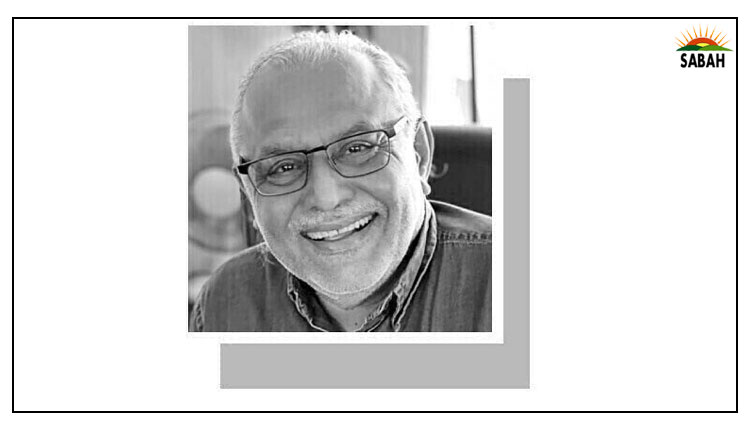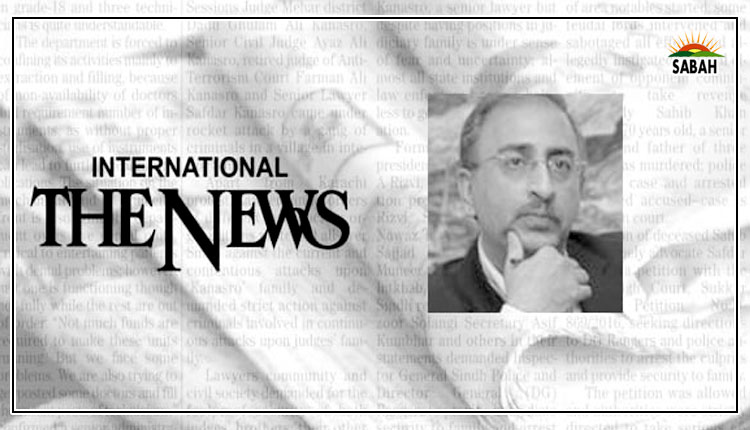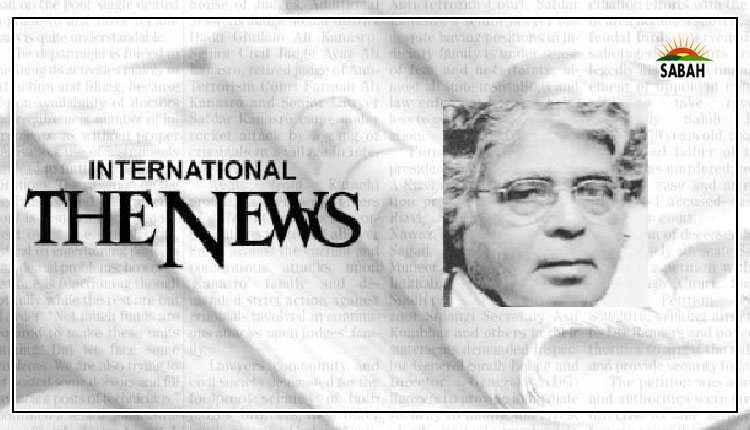If China and US normalise ties…Jawed Naqvi
JOHN Pilger warned in a documentary about an imminent US war on China. There are those that worry it could erupt between China and India even sooner. Both scenarios could be right, and both are hopefully wrong. That the world economy is grappling with a looming recession doesnt help and it would be naive not to see its hand in the tragic Russia-Ukraine conflict.
However, on the eve of Prime Minister Narendra Modis first state visit to the US this week, it was interesting to see Secretary of State Antony Blinken in Beijing, the highest-ranking visit by a US official to China in years. That he was accorded an unscheduled meeting with President Xi Jinping could signal where the two countries are seeking to be with each other, despite the baggage of recent history.
Moreover, Xi is almost certainly planning to be at this years APEC meeting in San Francisco in November. Thats when the heat would be building in the US presidential race. Spin-offs for President Joe Bidens electoral calculus in Xis visit cant be discounted, depending on the news Blinken carries home from his meetings with top Chinese diplomats and Xi himself. The fact that Bill Gates was accorded a meeting with Xi a day before Blinkens arrival may indicate the side the bread is buttered for Sino-US ties. To reinforce the trajectory, Elon Musk just left Beijing singing praises of China.
Unlike the current Indian dispensation, which leans on Mr Modi for every important diplomatic messaging or economic negotiation, the Chinese operate at several fronts and at various levels. Chinas prime minister began key visits to Germany and France while his foreign minister dealt with Blinken. Among the objectives is to remind Europe of the peril it has landed itself in by mindlessly following the US dog-whistle on Ukraine, in most cases less than enthusiastically.
A tentative de-linking of economic perspectives seems visible. Consider the fact that while the US Fed has not raised its interest rates this time around, indicating some degree of economic stabilisation, music to Bidens ears, European banks had to tweak the rates still higher to combat their inflation. In this chaos, the Chinese are looking the most composed, relatively. Whatever be the substance of the Blinken talks, Beijing, like Arjuna the warrior prince in the epic Mahabharata, has kept its sights riveted to the eye of the moving fish to shoot the arrow at. The fish is Taiwan, a non-negotiable reality for the Xi presidency.
Still, the Chinese are diligently following the Modi visit but without any evident malice towards New Delhi. The Global Times works under the Chinese Communist Party. There were two useful comments the paper offered on Indias burgeoning ties with Washington. A pocket cartoon showed an elephant and a panda as boxers in the ring, gloves on, and raring to go at each other, while Uncle Sam, playing the referee albeit from outside the ring, is shouting: Fight. Fight. Fight. Theres no mistaking who or what the two boxers represent.
In a separate commentary on the visit, the paper applauded Indias industrial prowess and its growing economic sinews. It also had some handy advice, which could be dismissed as gratuitous had it not ticked several boxes, which are of concern to a whole host of Indians.
The Global Times noted that Indias economy has developed rapidly, achieving a robust growth of 7.2 per cent last year. Clearly, India is entering a period of rapid growth. The government attempts to drive growth through pushing several long-term projects, reforms to build a robust financial system and increase supply-side adjustments, the paper said, but it also cautioned. These correct choices also make it necessary for India to make profound changes for the competence of the population and the labour force in the future, essentially a secularised spiritual overhaul, which can build a solid foundation for Indias opening up. This is the way India can become a leading global economy; and what can the US strategy bring to India?
Moreover, India needs all-embracing reforms like Chinas. Had China not adopted a two-wheel drive policy of reform and opening-up more than 40 years ago, it would not be the second-largest economy in the world. The status of China and India in the world will depend on their respective attitudes toward embracing the world. Sage advice.
Mr Modi is being accorded a rare second address to the US Congress during the trip. Five previous prime ministers have addressed the Congress, once each, beginning with Jawaharlal Nehru. The issues have been constant, but the finesse with which they were presented varied. Indira Gandhi was received with aplomb by Ronald Reagan but denied the opportunity the others got of speaking to the Congress, retribution for her defence pact with the USSR. The pacts benefits have not stopped accruing, however, including to Modis India, as enshrined in special ties with Moscow. Nehru had a clearer idea of what India sought without compromising its sovereignty.
I have come here on a voyage of discovery of the mind and heart of America and to place before you our own mind and heart, he told the US Congress in 1949.
We realise that self-help is the first condition of success for a nation, no less than for an individual. We are conscious that ours must be the primary effort and we shall seek succour from none to escape from any part of our own responsibility. But though our economic potential is great, its conversion into finished wealth will need much mechanical and technological aid.
We shall, therefore, gladly welcome such aid and cooperation on terms that are of mutual benefit. But we do not seek any material advantage in exchange for any part of our hard-won freedom. That hard-won freedom will be on test during the Modi trip.
Courtesy Dawn



